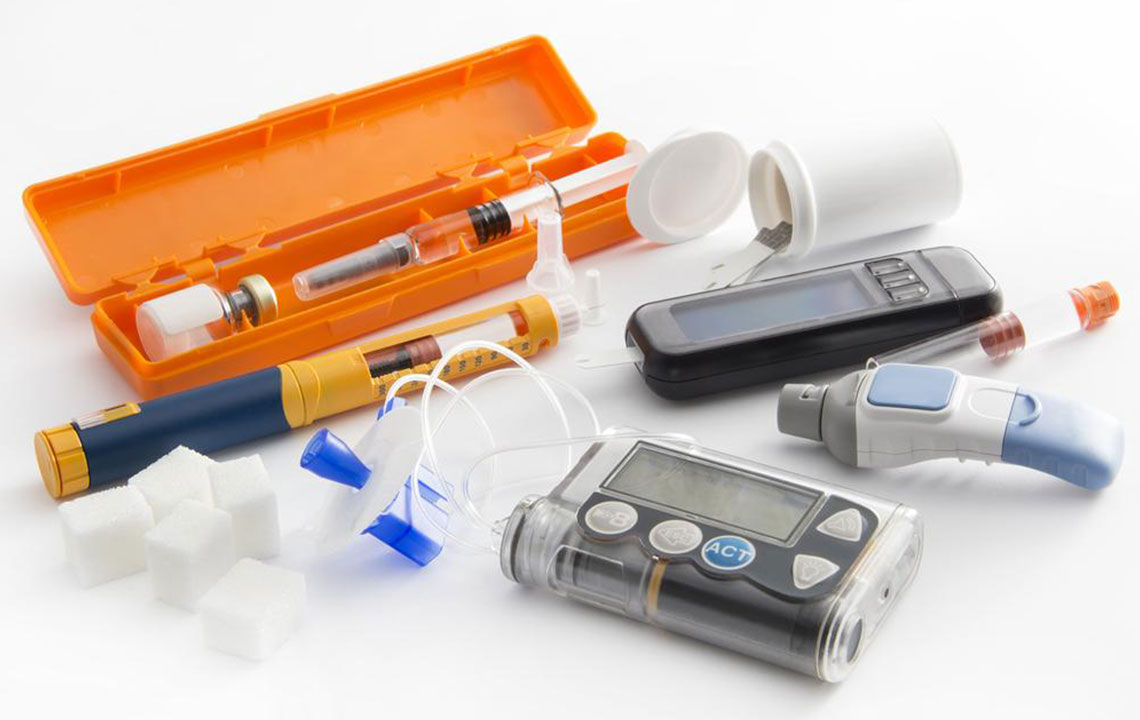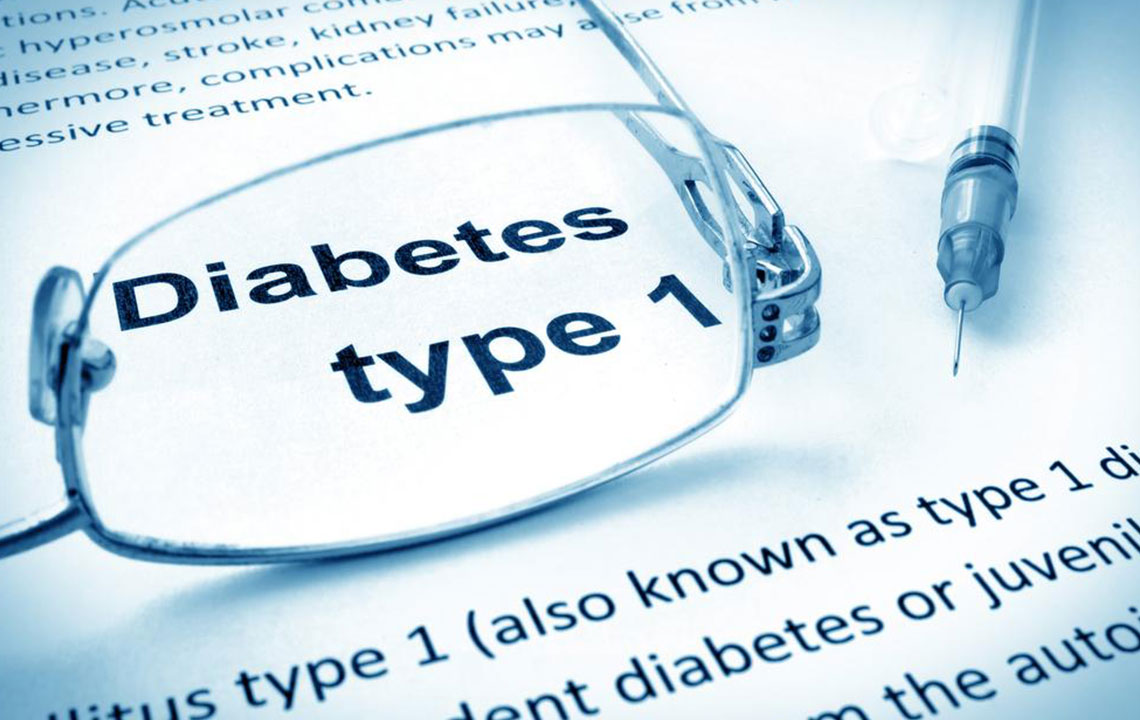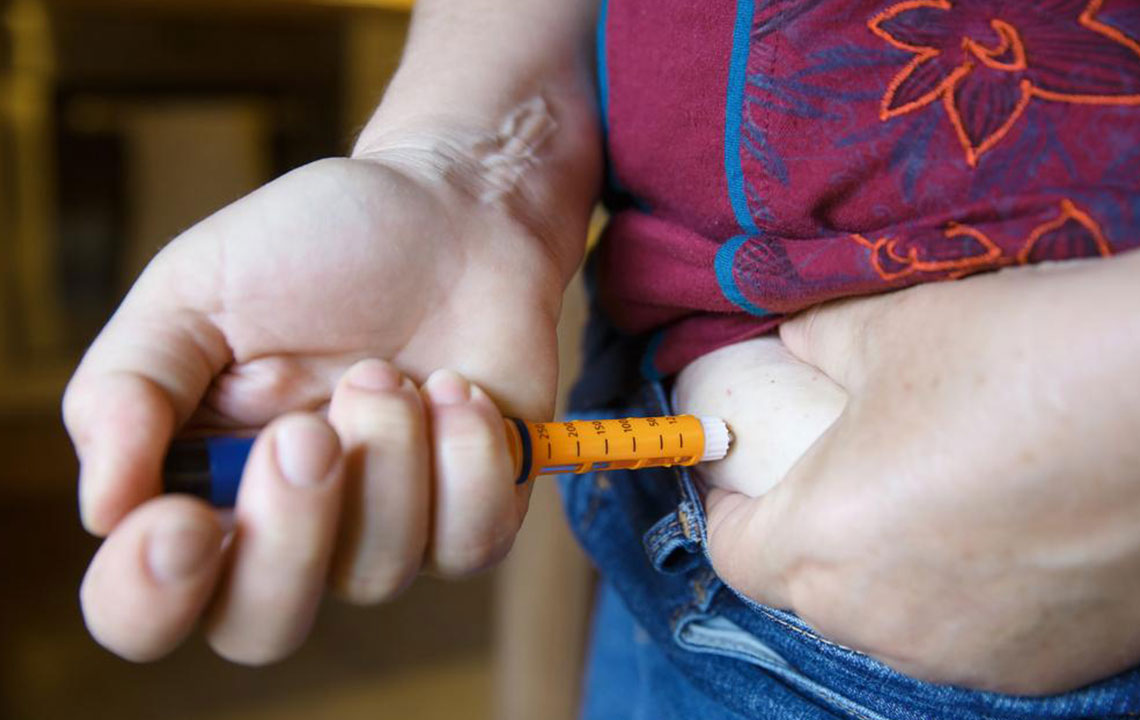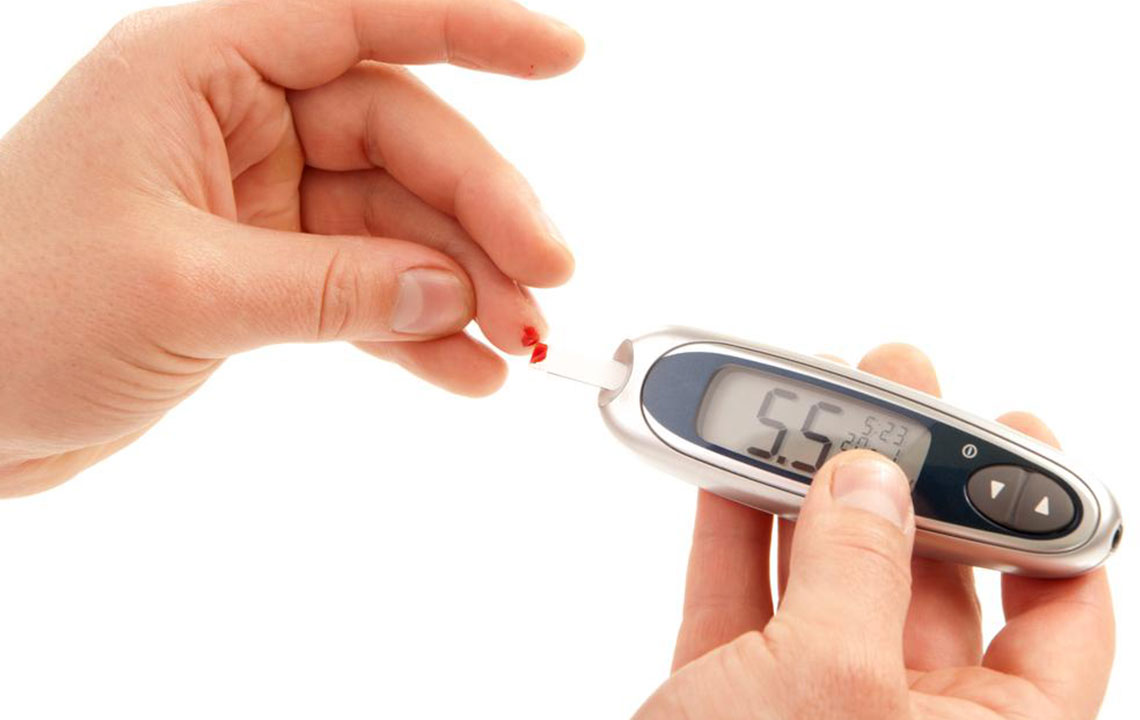Advances in Managing Type 2 Diabetes Effectively
This article explores comprehensive management strategies for type 2 diabetes, including diet, physical activity, blood sugar monitoring, and medical treatments like insulin and bariatric surgery. Emphasizing personalized care, it highlights effective methods to control blood glucose levels and prevent complications, promoting healthier living with diabetes.
Sponsored
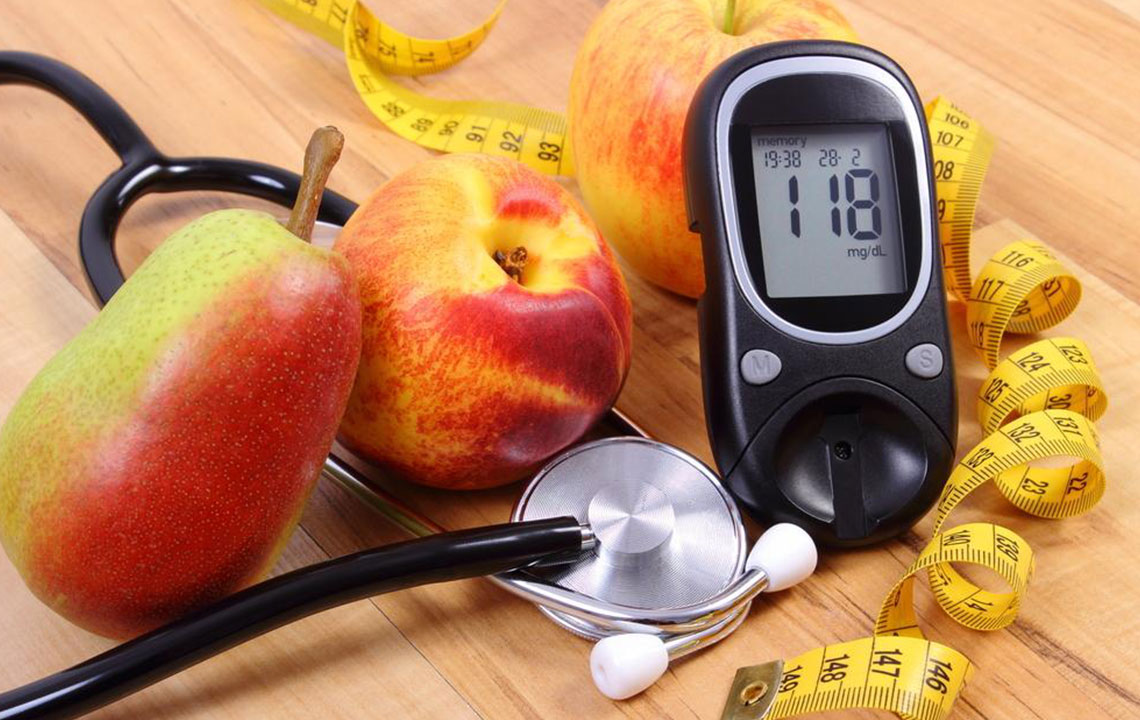
Strategies for Managing Type 2 Diabetes
Controlling type 2 diabetes involves consistent physical activity, balanced nutrition, insulin management, and regular blood sugar assessments.
While no specific diet guarantees cure, consuming foods low in fat and high in fiber, such as whole grains, fresh fruits, and vegetables, supports overall health and helps prevent complications. Reducing intake of red meats, sweets, and refined carbs is also beneficial.
Foods with a low glycemic index, which release sugar into the bloodstream slowly, are recommended as part of an effective management plan.
Glycemic index measures how quickly a food raises blood sugar levels after eating. Foods with a high glycemic index cause rapid spikes, while low GI foods promote gradual sugar absorption. High-fiber, low GI options are healthier choices.
Physical activity
Regular exercise is vital, especially for those with type 2 diabetes. Consulting a healthcare professional before starting an exercise routine is essential. Engaging activities like walking, cycling, dancing, or swimming can be enjoyable and effective. Aiming for at least 30 minutes of activity five days a week is recommended. Gradually building stamina and incorporating strength or flexibility exercises such as yoga or resistance training can enhance blood sugar control. Always monitor blood sugar before exercise, and consume a snack if on medication to prevent hypoglycemia.
Monitoring blood sugar levels is a key aspect of managing diabetes effectively. Customized plans require regular testing, especially for those on insulin therapy. Checking levels before and after meals or physical activity helps keep blood sugar within target ranges and prevents unexpected fluctuations caused by food, alcohol, medication, or activity.
Medications and insulin therapy are sometimes necessary when diet and exercise alone don't achieve target sugars. The choice depends on individual health factors, lifestyle, and blood sugar readings. Physicians might prescribe a combination of drugs to address different aspects of glucose management.
Medical interventions for type 2 diabetes include:
Insulin therapy
In recent years, early insulin treatment has become more common, rather than reserved for advanced stages. Since oral insulin isn't feasible, injections using pens or syringes are standard. Most patients start with a long-acting insulin dose at night, with various types available like insulin detemir, lispro, glulisine, glargine, isophane, and aspart, each acting differently to stabilize blood sugar throughout the day.
Bariatric surgery
For individuals with a BMI over 35, weight-loss surgery might be recommended. Studies show that 55-95% of these patients experience normalization of blood sugar levels following the procedure, making it a viable option for significant improvement in diabetes control.


